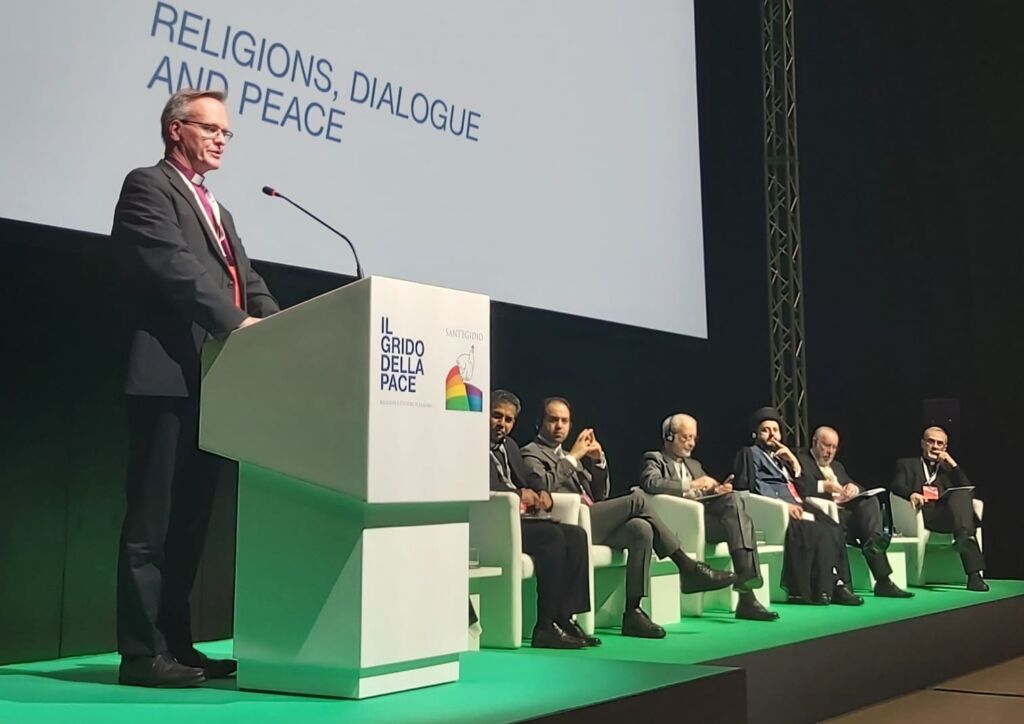Religious Communities Must Resist the Temptation of Religious Nationalism
25.10.2022

Lots of thanks have been given to Sant’Egidio for giving floor for this kind of dialogue. I think this is the first problem in every dialogue: where to find the proper forum or floor where the dialogue can be done. The presence of different religious traditions here in Rome is hugely important. We need to meet each other in an atmosphere of understanding and in the spirit of mutual respect. I also think that in this dialogue we need a rich variety of voices, also those of women and youth.
Thank you for this discussion, it has been most inspiring. The contributions today led me to one further thought which I now would like to share with you. That issue is the relationship between religion and politics. In that relationship lies the unfortunate possibility of religiously argued violence.
It has always been the thought of dictators that violence is accepted more easily by people if it is reasoned in religious terms; if it is proclaimed that using violence against other people is God’s will. We should be very alert and awake to discern this tendency of politics.
There is a constant temptation in religious communities to think that our faith and our understanding of reality, creation, our view of human beings and God gets its clearest and best expression in our nation, culture and ethnic heritage. This can lead to hegemonism, exclusivity and uncritical support for destructive political, nationalistic ambitions.
How could we as religious communities resist that temptation? How could we discern early enough symptoms of a regression of religion into a mere tool in the service of political destructive ambitions?
One suggestion for such an indicator could be the discernment to what extent a religious community supports the idea that a certain nation or etnicity has a special messianic role in the history of humankind. I think we have to be very cautios not to label a nation or its leader with messianic attributes.
It could be enormously helpful to touch this issue in the dialogue between religious traditions. That is how we can together ensure that our religious communities do not easily give ourselves to be used as weapons against other nations and religions.
As representatives of our own religious traditions, we have a common, noble task. We need to teach our people, and we have to follow this teaching ourselves as leaders, that we have been called to respect God and to respect our fellow human beings.